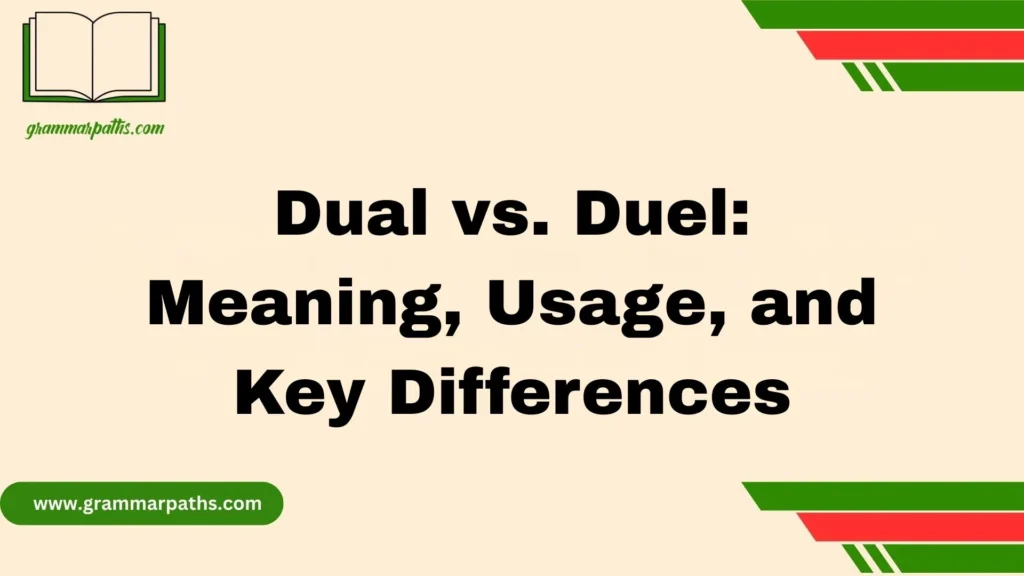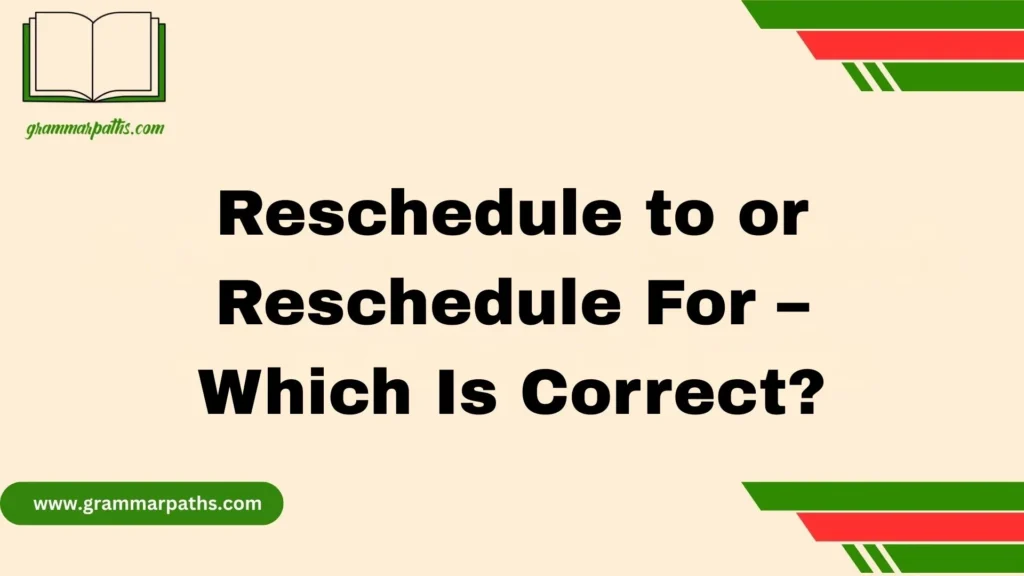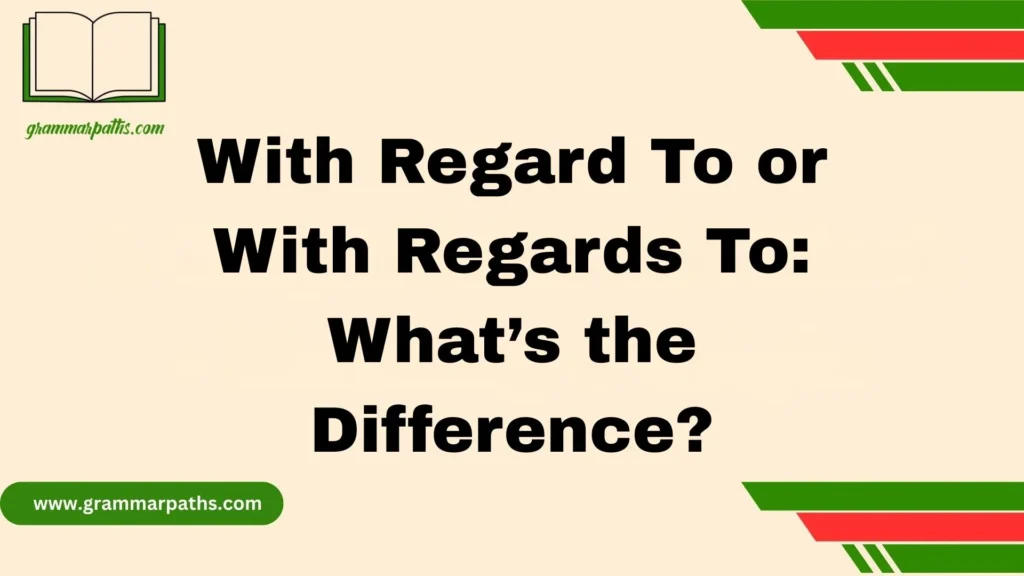Growing up in the South, I always heard Southerners use colourful sayings and idioms that carried a secret charm. These common expressions were often passed from one generation to the next, making it easy to grasp their meaning once you had the right sense of the language. Some phrases felt so familiar that folks used them daily, whether talking about the weather or life itself. A classic expression like “frog-strangler” has become a beloved part of Southern talk, much like hearing someone say, “bless your heart.” I once decided to ask the members of a Potluck Southern Thing membership program what they thought of the phrase, and the votes showed it was one of the most loved sayings, even if its connotations could be opposing depending on the context. Recently, I heard an older neighbor explaining how this term had ultimately become a real piece of Southern heritage, a thing that people understand deeply because it just looks like it’s always been part of our culture.
I remember one day when a heavy, torrential downpour of rain hit, the kind chiefly known in the Southern United States as a frog strangler. Someone shouted, “It’s a frog-strangler today—no barbecue for us!” I laughed because I was about to go biking to work, but there’s just no way to ride through a storm like this. There’s barely a chance to see the road or keep my car straight on the drive. The water rushed so fast that I thought to myself, we’ll have to wait for another day. Out in the front yard, I could hardly believe how all of that rain was piling up. It reminded me that these old phrases aren’t just words—they’re descriptions born out of real life in the Southern climate, where the weather was and still could be fierce, sudden, and memorable.
Meaning of “Frog Strangler”
At its core, a frog strangler refers to an extremely heavy rainstorm, typically one that comes down suddenly and with great intensity. Instead of saying “a very heavy rain,” speakers add humor and exaggeration by implying the rainfall is so severe it could “strangle” frogs.
Some key points about its meaning:
- Literal vs. Figurative: No frogs are harmed, of course. The phrase is purely figurative.
- Intensity: It refers to rainstorms intense enough to cause flooding, muddy conditions, or disrupted travel.
- Humor: The imagery makes people smile while still communicating the seriousness of the storm.
Here’s a quick comparison to clarify:
| Expression | Meaning | Intensity Level |
| Heavy rain | Neutral description of lots of rain | Moderate |
| Downpour | Stronger word for a sudden burst of rain | High |
| Cloudburst | Meteorological term for very heavy rain | Very High |
| Frog strangler | Humorous idiom for a violent rainstorm | Very High |
In short, frog strangler is the kind of phrase you’d hear when locals talk about a storm that left the streets flooded or fields muddy.
Origins and Historical Context
Pinpointing the exact first use of “frog strangler” is tricky because idioms often arise in oral traditions before being recorded in writing. However, the phrase is widely accepted as originating in the Southern United States, particularly in rural and farming communities where rain was both a blessing and a curse.
Possible Roots of the Phrase
- Agricultural Communities
Farmers depended on rain but dreaded sudden downpours that flooded crops. The imagery of frogs—creatures common in wet farmland and swamps—helped locals describe just how overwhelming the rain felt. - Southern Storytelling Traditions
Hyperbole (exaggeration for effect) is a hallmark of Southern storytelling. Saying “It rained hard” just doesn’t have the same punch as “That was a real frog strangler.” - Linguistic Playfulness
Words like “frog strangler” stick because they’re funny and memorable. They roll off the tongue and add personality to everyday talk. - Cousin Expressions
Some older references also use “toad strangler” interchangeably with “frog strangler.” Both mean the same thing, though “frog strangler” is more common today.
Historical Examples
While written records are sparse, the term appears in Southern newspapers and oral accounts from the late 19th to early 20th centuries. By the mid-20th century, it had firmly entered the Southern vernacular, often appearing in local weather reports, storytelling, and even humor columns.
Regional and Cultural Significance
You’re far more likely to hear frog strangler in Alabama, Mississippi, Louisiana, Georgia, Arkansas, and Texas than in New England or the Midwest. It’s part of the larger group of Southern idioms that make conversations more vivid.
Why It Resonates in the South
- Climate: The South gets frequent thunderstorms, tropical rains, and flash floods, making dramatic descriptions common.
- Culture: Southerners have a tradition of colorful expressions, from “madder than a wet hen” to “fixin’ to.”
- Humor: Even in hardship, Southerners use humor to soften the blow of life’s challenges.
Generational Use
Older generations may use the phrase more freely, while younger speakers might use it ironically or repeat it because it sounds “old-timey.” Still, the expression hasn’t disappeared. You can still hear it in local conversations, regional writing, and even weather-related storytelling.
The Weather Science Behind a “Frog Strangler”
From a scientific perspective, a frog strangler aligns with meteorological events like gully washers, cloudbursts, or flash floods.
What Kind of Storm Qualifies?
- Short duration but extreme intensity
- Produces standing water or temporary flooding
- Common in humid climates with unstable air masses (like the Gulf South)
Meteorological Equivalents
| Scientific Term | Description | Similarity to Frog Strangler |
| Flash Flood | Sudden flooding caused by heavy rainfall | Very High |
| Cloudburst | Extremely heavy, localized rain in a short period | High |
| Gully Washer | Colloquial term for rain heavy enough to erode soil | High |
| Frog Strangler | Idiomatic, humorous way to describe similar phenomena | High |
The symbolism of frogs is also worth noting. Frogs thrive in wet conditions, so if even they’re at risk of “strangling,” it emphasizes just how overwhelming the rain must be.
Everyday Usage of “Frog Strangler”
This idiom still finds its way into conversations, particularly in the South. Here’s how it might show up:
- Conversation:
“We were headed to town when a frog strangler hit, and we had to pull over.” - Local Journalism:
“Yesterday’s frog strangler left roads closed and ditches overflowing.” - Storytelling:
“It was the kind of frog strangler that made you wonder if you should build an ark.”
The expression is rarely used in formal contexts, but in storytelling, casual writing, or humor columns, it adds flavor and imagery.
Figurative and Creative Uses
While primarily about weather, “frog strangler” can be used figuratively to emphasize any overwhelming event. For example:
- A business owner might joke: “That sale turned into a frog strangler of customers.”
- A teacher could say: “We had a frog strangler of assignments this week.”
In storytelling, the phrase creates a sense of drama. Instead of simply saying “It rained a lot,” a writer who uses “frog strangler” conveys both intensity and cultural voice.
Related Weather Idioms & Comparisons
English is full of quirky weather idioms, many of which exaggerate nature’s extremes.
Common Comparisons
| Idiom | Origin/Region | Meaning |
| Frog strangler | Southern U.S. | Extremely heavy rain |
| Toad strangler | Southern U.S. | Same as frog strangler |
| Gully washer | Rural U.S. | Rain causing soil erosion |
| Raining cats and dogs | England (17th century) | Very heavy rain |
| Monkey’s wedding | South Africa, Caribbean | Rain while the sun is shining |
| Gorilla hail | Modern colloquial (U.S.) | Extremely large hailstones |
The key difference is that frog strangler belongs uniquely to the Southern storytelling tradition, while others have broader or international origins.
Language, Identity, and Culture
Idioms like frog strangler do more than describe the weather. They preserve cultural identity and keep local traditions alive.
- Storytelling Legacy: The South is known for oral storytelling, where exaggeration and humor bring communities together.
- Shared Identity: Using local phrases creates a sense of belonging. Outsiders may not understand, but locals instantly connect.
- Cultural Resilience: Despite globalization, regional idioms endure because they’re tied to place, identity, and memory.
As linguist Deborah Tannen once said, “Language is not just what we say. It’s who we are.”
Conclusion
The phrase frog-strangler may sound funny at first, but for many in the Southern United States, it’s a vivid way to describe a heavy and torrential downpour of rain. Like many Southern sayings and idioms, it carries history, warmth, and a sense of community. From family barbecue plans being canceled to struggling to see the road during a sudden storm, this classic expression paints a picture that everyone can understand. What makes it truly beloved is how it’s been passed from one generation to another, becoming not just a phrase but part of Southern cultural identity.
FAQs
Q1: What does “frog-strangler” mean?
It means an unusually heavy downpour of rain, the kind that can flood streets and stop outdoor activities.
Q2: Where did the term come from?
It is chiefly used in the South, especially among Southerners, and has been around for several decades as a colorful way to describe severe storms.
Q3: Is “frog-strangler” still used today?
Yes, people in the Southern United States still say it. You’ll hear it in conversations, especially during summer thunderstorms.
Q4: Why do Southerners use such unique sayings?
Southern language and expressions reflect local culture, humor, and traditions. Phrases like this are easy to grasp and make conversations more vivid.
Q5: Can “frog-strangler” be used outside the South?
Absolutely. While it’s a Southern thing, anyone can use the term to describe a real storm that leaves folks soaked and shaking their heads at the weather.

Grace Marie is the dedicated writer behind GrammarPaths.com, where she shares her passion for English grammar, idioms, and writing mastery. With a strong background in language studies and years of experience helping learners improve their communication skills, Grace creates clear, practical, and engaging content that makes English easy to understand.












